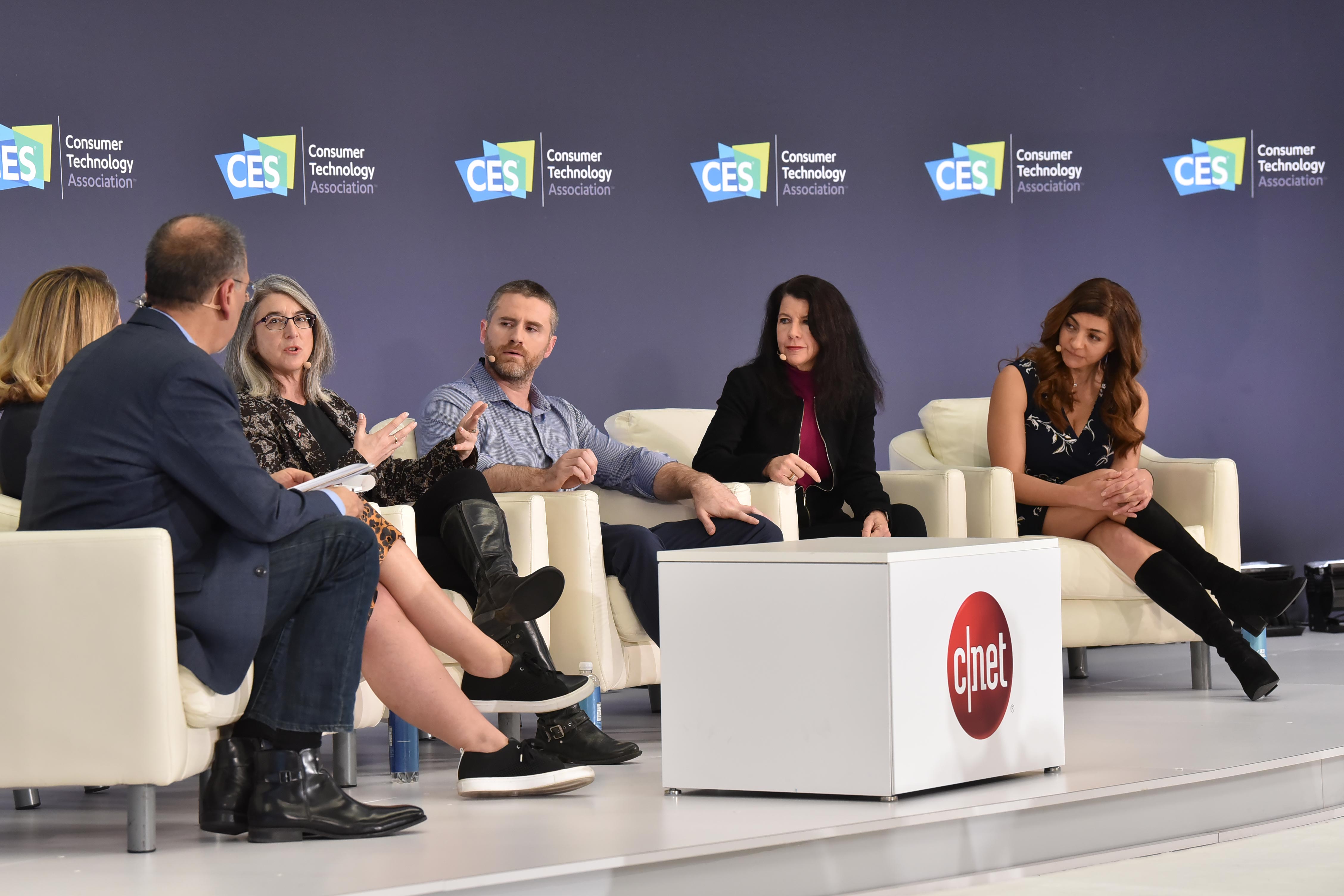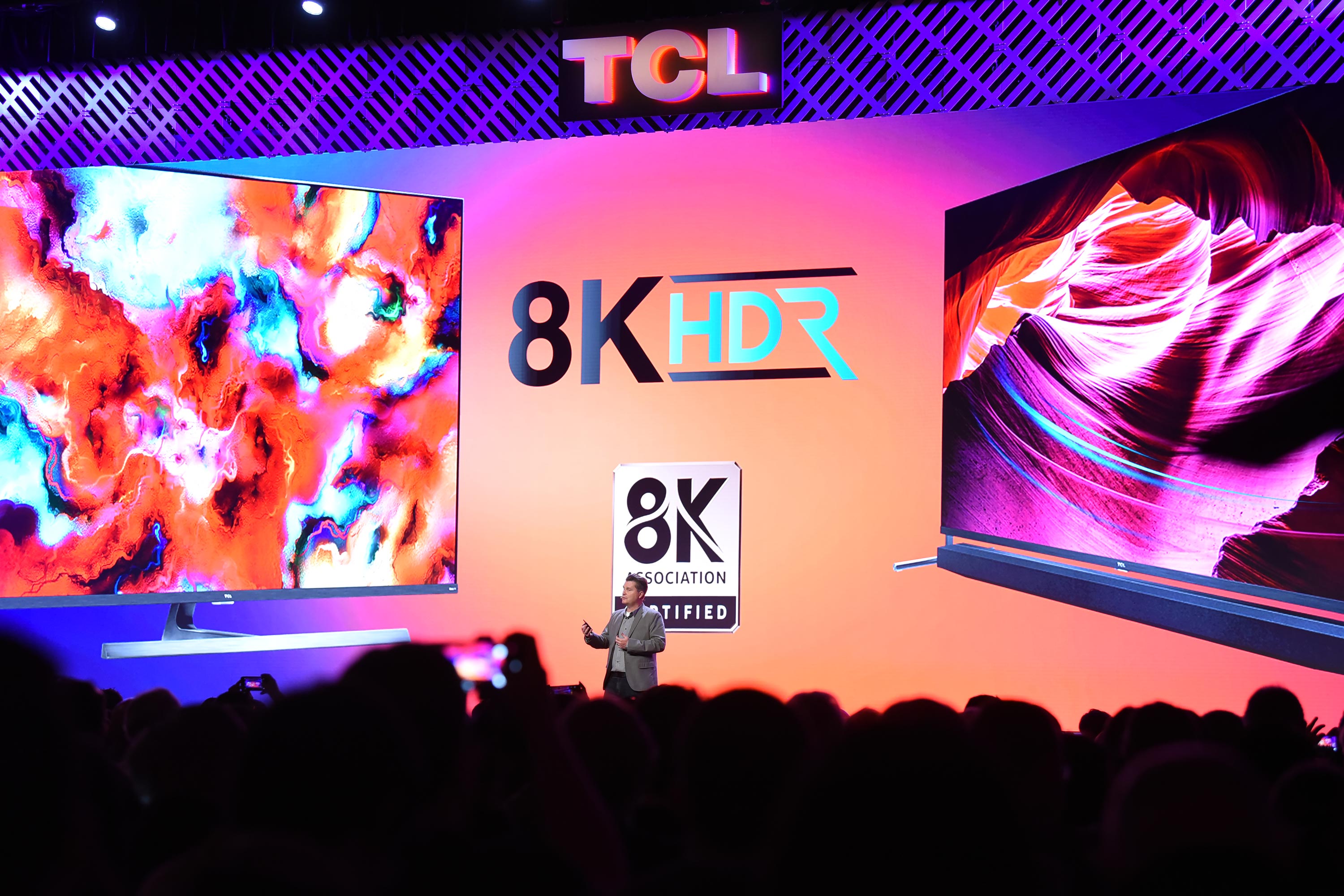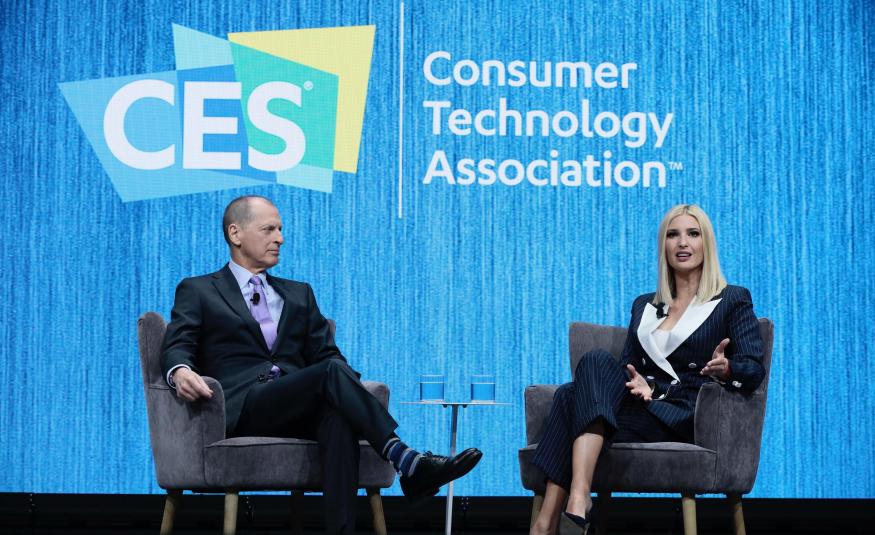CES 2020 in Las Vegas was full of the weird, wonderful and potentially life-changing from the world of technology. Stuart Wood reports
Autonomous vehicles, Ivanka Trump and sex toys took centre stage at CES 2020 – but thankfully not at the same time.
This year’s show saw a strong presence given over to carmakers, whose industry is increasingly crossing over with the tech world (see page 47). It also featured controversy around the appointment of the US President’s daughter as a keynote speaker, with some arguing it was unwarranted and did little to further the cause of diversity for women in tech.
Nevertheless, there were plenty of product highlights, from potentially life-changing innovations to one-off gimmicks. Chinese company Nreal showcased a pair of glasses which impressed many, with their ability to project AR images over real life. Samsung-backed start-up Neon also showed off its “artificial humans”, which received mixed reviews.
Some took issue with the appointment of Ivanka Trump as keynote speaker, saying that she did not represent women in tech and was only appointed to speak from a position of privilege.
The interactive, virtual characters are intended to act as a kind digital friend, responding to voice inputs. While it isn’t difficult to imagine them being used as assistants in event reception areas, some said their interactivity was limited and the quality of animation left a lot to be desired.

Among the ‘weird and wonderful’ category we can file FasTeesH, a company which showcased a new kind of toothbrush. The Y-Brush is esssentially a mouthguard on a stick, which purports to be able to clean teeth in ten seconds. You bite it for five seconds and turn it on, cleaning half your mouth at a time - a great time-saver for delegates running late in the morning.
Another question mark is Samsung’s kitchen assistant ‘Chef Bot’ – a pair of white, robotic arms that emerge from the top of a kitchen counter, and can prepare dishes for you. The arms can measure amounts, cut ingredients, and do the cooking itself with the aid of vision algorithms and artificial intelligence.
Whether or not these pieces of tech could revolutionise our daily lives, or be consigned to the scrapheap, remains to be seen.
“Immoral, indecent, profane”
CES has undergone scrutiny in recent years for the way it has handled sex products and technology.
At the 2019 edition of the show, an Innovation Award was given to, but then subsequently revoked from women’s sex toy company Lora DicCarlo. Organisers the Consumer Technology Association said products that are “immoral, obscene, indecent, profane or not in keeping with CTA’s image will be disqualified.”
The criticism which CTA faced in the wake of the incident led them to reinstate the award, and also to reconsider some aspects of a show which has been typically male-dominated. ‘Booth babes’ were outlawed, and a new push for diversity was made on speaker panels.

At CES 2020, sex products and technology were welcomed, but exhibiting companies were forced to comply to strict - and rather unusual - rules. You can find some of these below:
• Booth giveaways should not resemble human genitalia
• Monitors/displays may not be used for moving images of the product
• Products may not be displayed using humans, robots, mannequins, dolls, or other anatomically correct devices
• Exhibitor signage and graphics should not include any content that depicts sexual acts
• CES reserves the right to ban overt anatomical product images
• Booth personnel must stay within the perimeter of the booth, and not use overtly sexual or lewd language to attract attendees into the exhibitor’s booth.





